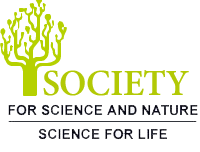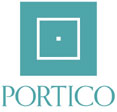Ethical & Plagiarism Policies of Bioscience Biotechnology Research Communications
(Author Ethical Statement / Copyright forms / Plagiarism Check Report)
Plagiarism is the unauthorized use or close imitation of the language and thoughts of another author and representing them as one’s own original work and Biosc Biotech Res Comm condemns all forms of plagiarism following a very strict and vigilant policy of removing this malady. Within the academia, it is considered dishonesty or fraud and offenders are subject to academic censure.
Plagiarism can be unintentional or intentional, reproducing academic material without appropriate credit to the original authors (Citations / References). Similarly self -plagiarism is the re-use of significant, identical or near identical portions of one’s own work without citing the original work. This is also known as recycling fraud. Worst form of plagiarism is to steal the whole article from some journal and publish it under one’s own name in another journal. Plagiarism, fabrication, unethical or redundant publication grossly violates the editorial policies of Biosc Biotech Res Comm. which follows best practice guidelines given by the International Committee of Medical Journal Editors (ICMJE) and Committee on Publication Ethics (COPE), as mentioned in the Journals Instructions for Authors.
All authors submitting their MS to Biosc Biotech Res Comm must complete and sign the ethical statement form and append the Plagiarism Check Certificate of their MS along with copy-right form (www.bbrc.in ) failing which, their MS will not be processed further.
The Editorial Committee of Biosc Biotech Res Comm will blacklist any author found to be guilty of plagiarism or exceeding the standard limits of similarity levels of text matter in their MS. The name of author(s) committing plagiarism or using similar text without appropriate citations will also be disseminated to editors of other journals.


